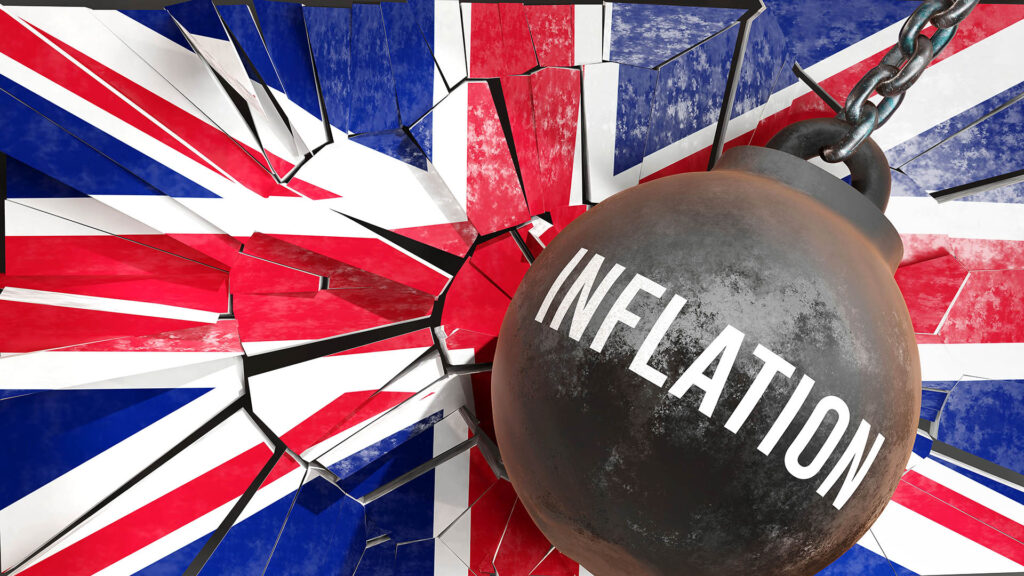Inflation in the UK surged to 2.3% in October, reversing a downward trend earlier in the year and placing pressure on the Bank of England to delay further interest rate cuts until at least next year. Official figures released by the Office for National Statistics (ONS) on Wednesday showed that a sharp rise in energy bills contributed significantly to the higher consumer prices index (CPI), pushing inflation above the Bank’s 2% target.
The figure marked a rise from 1.7% in September and was slightly above the 2.2% forecast by economists. Energy price hikes, particularly gas and electricity bills, were key drivers behind the increase, though lower oil prices helped to offset some of the pressure on transport and raw materials costs for manufacturing businesses. The increase of 0.6% from September to October was the largest month-on-month rise since October 2022.
The quarterly energy price cap for households rose by 10% to £1,717 in October, with forecasts predicting another increase to £1,736 in January 2025. Retailers have warned that measures introduced in Labour’s recent budget could push prices even higher, contributing to a drop in consumer confidence.
Economists have expressed concern about the rising inflation, which they say is partly due to higher energy bills and global trade frictions. Suren Thiru, Economics Director at the Institute of Chartered Accountants in England and Wales, called it a “disappointing resurgence in inflation,” noting that energy costs, the impact of the budget, and global uncertainties are likely to keep inflation above the Bank’s target for the foreseeable future.
The rise in inflation comes as the Bank of England has already cut interest rates twice this year, with the current rate at 4.75%.
Further complicating the Bank’s policy decisions, core inflation, which excludes volatile elements like food and fuel, also rose from 3.2% to 3.3%, while services inflation increased from 4.9% to 5%.
The Pound Sterling reacted positively to the higher inflation data, rising sharply against most currencies.

